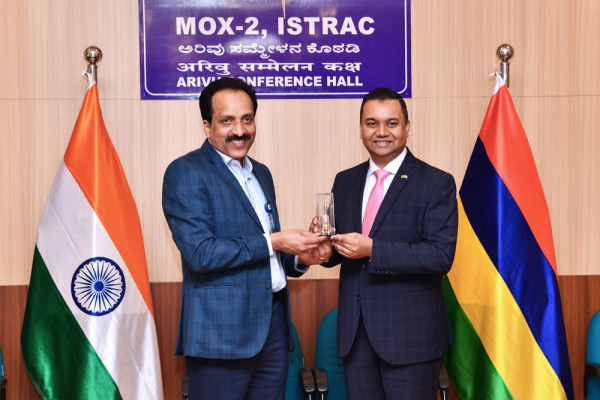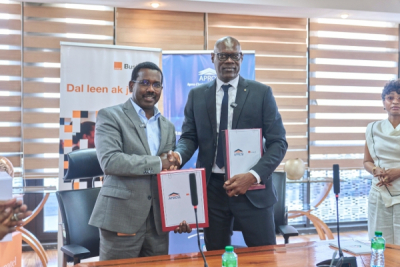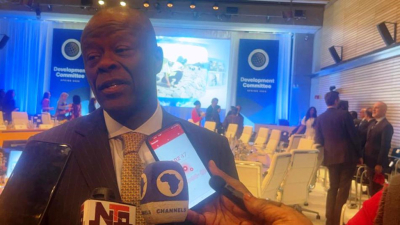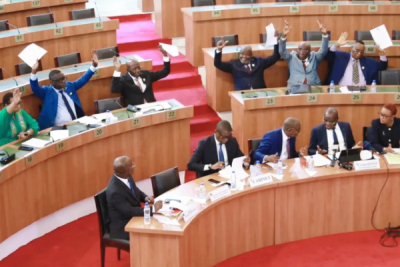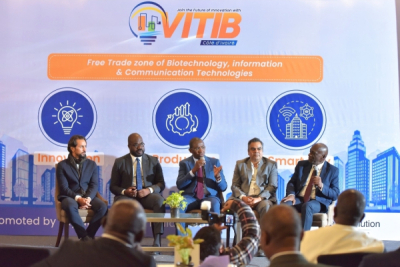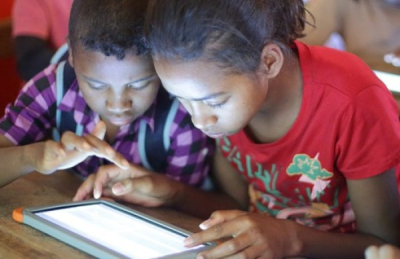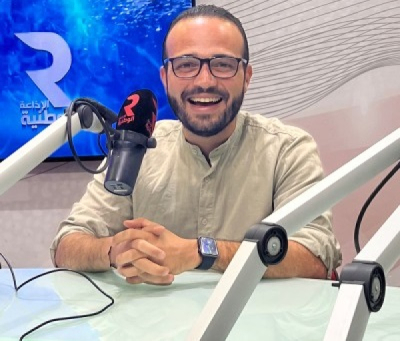During the last two decades, approximately forty African satellites have been successfully launched into orbit, significantly enhancing telecommunications capabilities and territorial surveillance across the continent. With several more satellites currently in the developmental phase, scheduled launches are anticipated within the upcoming months.
On Wednesday 1ᵉʳ November, the Mauritius Research and Innovation Council (MRIC) and the Indian Space Research Organisation (ISRO) signed a memorandum of understanding to develop, launch, and operate an Earth observation satellite for Mauritius.
The partnership, which runs over 15 months, also takes into account the training of MRIC engineers at ISRO's facilities in India for the design and development of the satellite platform, as well as its associated systems and primary payload.
The new MoU follows a recent visit to Bengaluru by Mauritius' Minister of Information Technology, Communication and Innovation (MITCI), Darsanand Balgobin (photo, right), and MRIC Board Chairman Dr Kaviraj Sharma Sukon. The delegation met with ISRO officials and discussed the technical details and application possibilities for putting a joint satellite into orbit.
The future joint microsatellite will be designed for remote sensing from Low Earth Orbit (LEO). It will enhance Mauritius's earth observation capabilities and the help prevent and combat bushfires, floods, and erosion, and develop agriculture, among other things. On completion, all corresponding in-orbit operations will be carried out jointly by ISRO and MRIC, using MRIC's ground station.
India was not randomly chosen as the technical partner of that project. Several years ago, it signed technological cooperation agreements with four African countries, including Mauritius. The country is committed to providing substantial support for the scientific and technological development of these countries.
Samira Njoya


